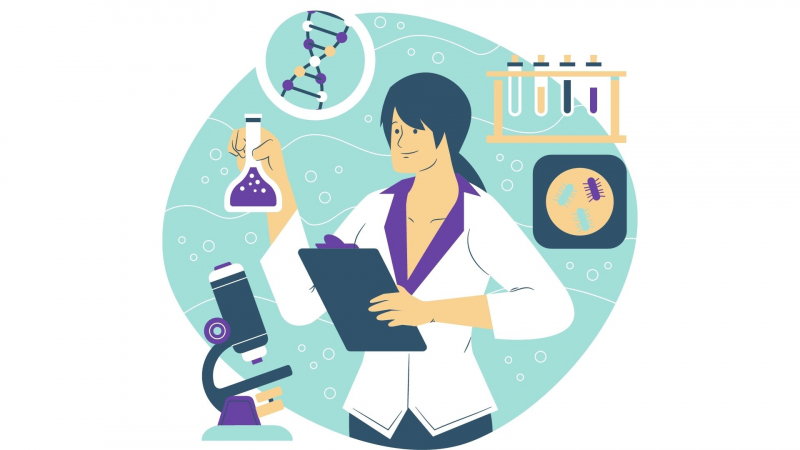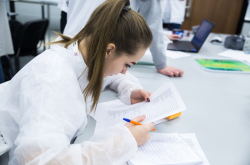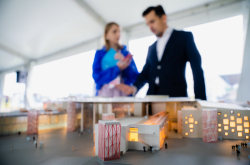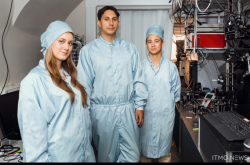How does an experimental physicist decide what to study?
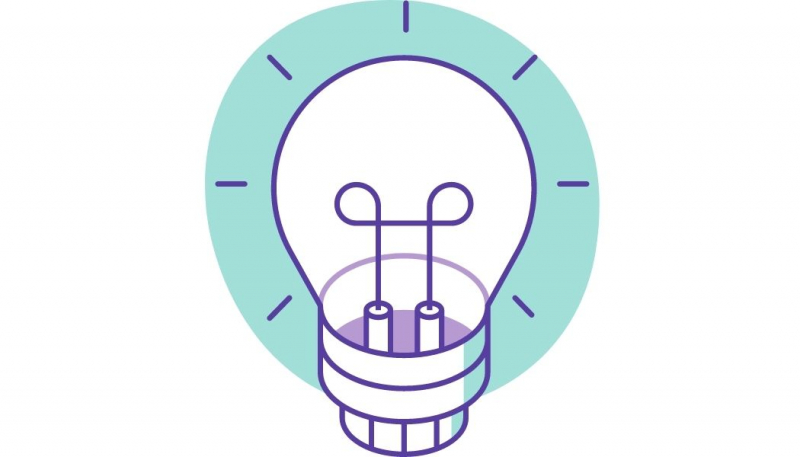
Firstly, an experimenter decides how to conduct research based on existent or brand-new hypotheses. In their experiments, they aim to confirm or disprove them. As a result, we either gain new information about nature or develop basic principles for equipment design. Expected results are often determined by the level of their novelty and usefulness.
If you’re not sure about the novelty of your research task or the benefits it might bring, you shouldn’t even start and waste your time and resources. But if the research topic allows you to come up with a headline for a potential scientific publication that sounds good enough for leading international journals, then it’s a promising experiment. Such an approach might sound simplistic but it works.
What happens before the experiment?
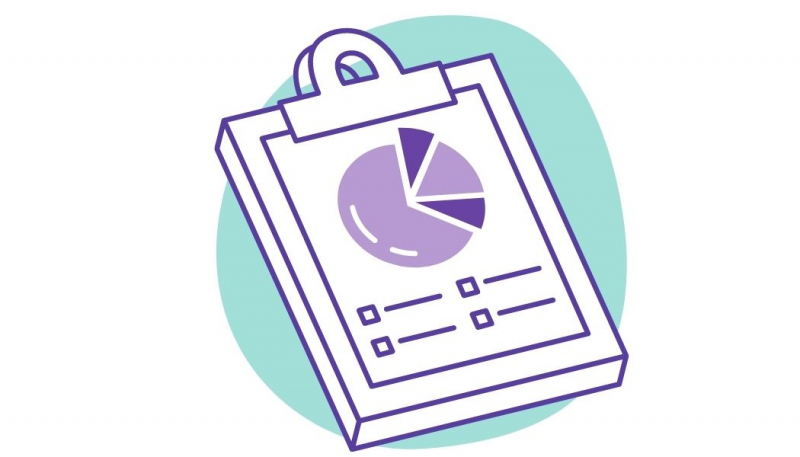
If the experiment isn’t too complex, then a functional and well-thought-out idea is all you need. However, a more elaborate physical experiment might require the development of a theoretical model that scientists will confirm or disprove. If the results of such modeling are satisfactory, then you start to get ready for the practical experiment.
How do you prepare for an experiment?
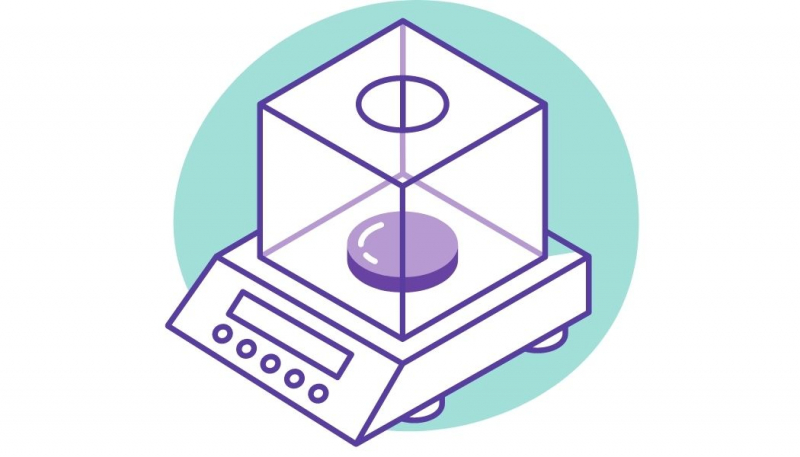
First things first, you need to determine a set of experimental methods to use. Then you should start working on your measurement equipment or look for a resource center or lab to work on your idea in. The latter is often preferred for the fields that require extremely pricey equipment.
It’s also important to prepare your samples – their quality determines the success of your experiment. The better they are, the more chances your experiment will match the theory, which has room for some variation. Bad samples containing dirt or defects might not allow you to detect interesting effects.
Where do you get the materials from? Are they expensive?
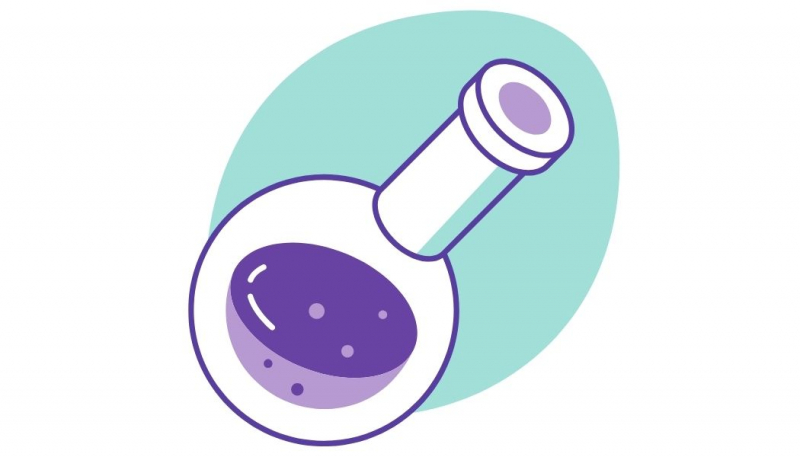
High-quality materials and samples for physical experiments usually are quite expensive. Often they are produced in small amounts or are unique and developed in special sterile facilities or resource centers. However, if a scientist has figured out how to produce unique samples of high quality on their own, they can supply others with them. In the scientific community, lab specialists often create unique samples for others to research with their own methods. This is the most widespread way of collaboration in modern experimental physics.
How long does an experiment take?
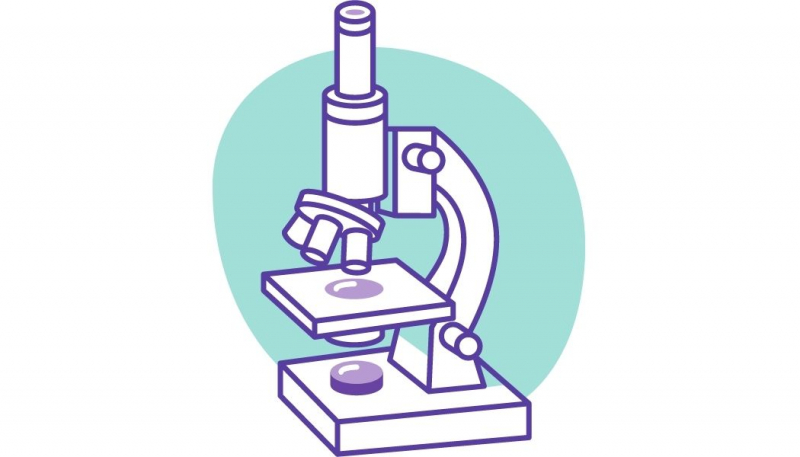
Scientists often jokingly say that if your experiment went smoothly and in correspondence with the theory at your first try, then something’s not right. This doesn’t happen often – setting up your measurement equipment for specific tasks or samples might take days, weeks, or months. And even once it’s all ready, it might turn out that samples have defects that don’t allow the predicted phenomenon to be detected. Then you have to remake them and the cycle starts over. It might also turn out that your theory didn’t take into consideration some nuances that became obvious in practice. This makes experimental physicists wait for theoretical physicists to improve the model. The entire process takes from several months to years.
How many specialists are engaged in an experiment?
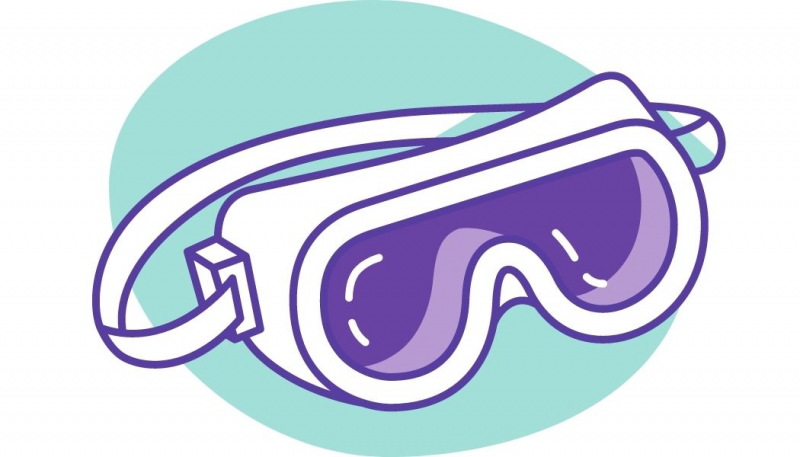
The amount of staff depends on an experiment’s properties, the complexity of the equipment, or the way a lab is organized. In the fields of optics or solid-state physics, it’s typical to involve up to ten experimenters in your research.
Do you often have to change the experimental conditions during research?
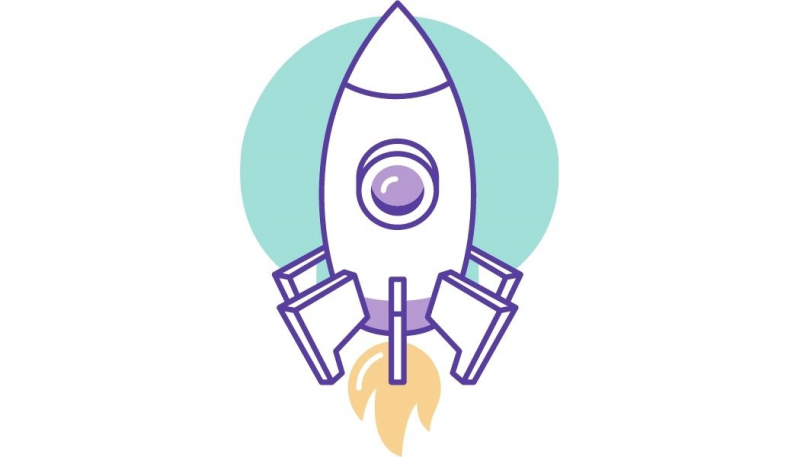
The experiment should take place under the supervision of experienced researchers, as often you need to change its conditions during the process. That’s when it’s especially important to fully understand what you’re looking for. Using equipment without giving it a second thought is just like being a monkey with glasses.
How do you realize that your experiment went well?
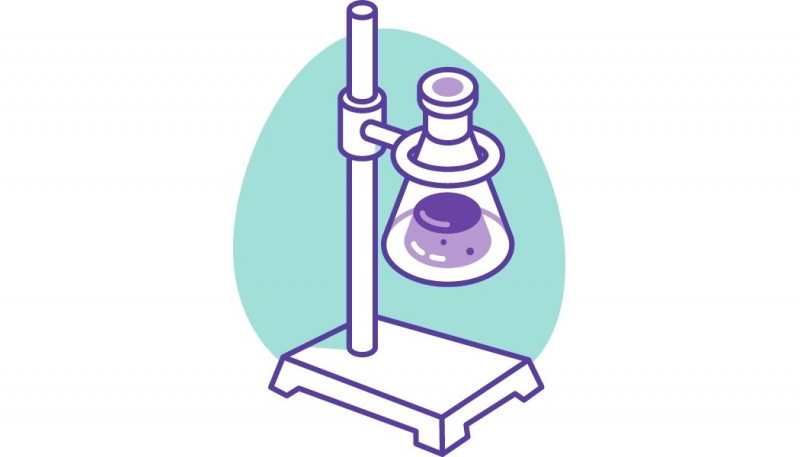
As a rule, a good experiment should provide you with all the required information on the studied sample or phenomenon. Although experimenters often pose new questions in the process of obtaining results. It’s a natural way of learning. That’s why heads of research must plan experiments strategically. However, sometimes, it’s more like “you can’t complete the experiment, you can only put it on hold.”
What happens if you fail?
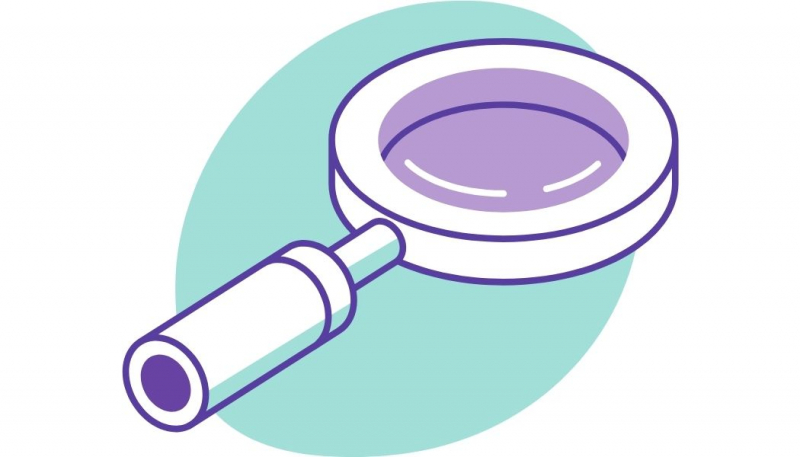
Sometimes the experiment wasn’t conducted the way your task requires it to be. Then you have two options: prepare a publication on what you’ve learned or give up research on this topic. It’s hard to go with the latter option, as it might lead you to depression but you have to learn how to get over failures and realize that all experiments have their breakthroughs and fiascos.
What’s the next step once the research results are obtained?
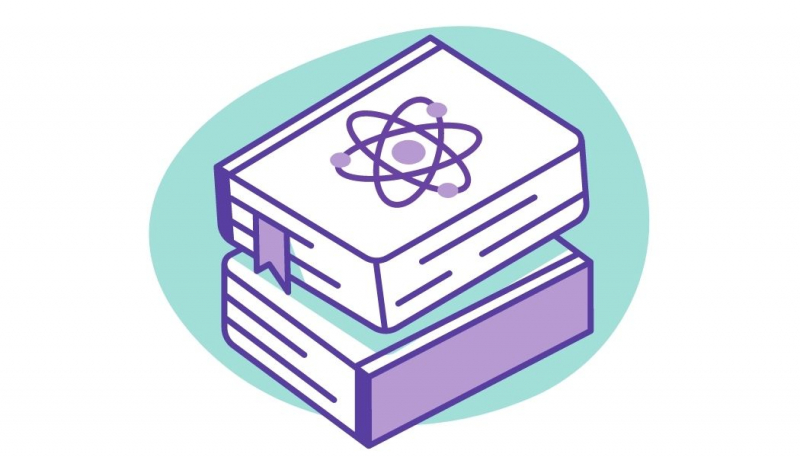
The future of research results depends on their quality. If the experiment was conducted at a high level and your colleagues don’t have any doubts regarding it, the results will be used by other researchers for further improvement of theoretical models. If it wasn’t good enough and some questions remain, other labs might double-check it. In the worst-case scenario, the scientific community will ignore the results and your publication won’t be cited.
